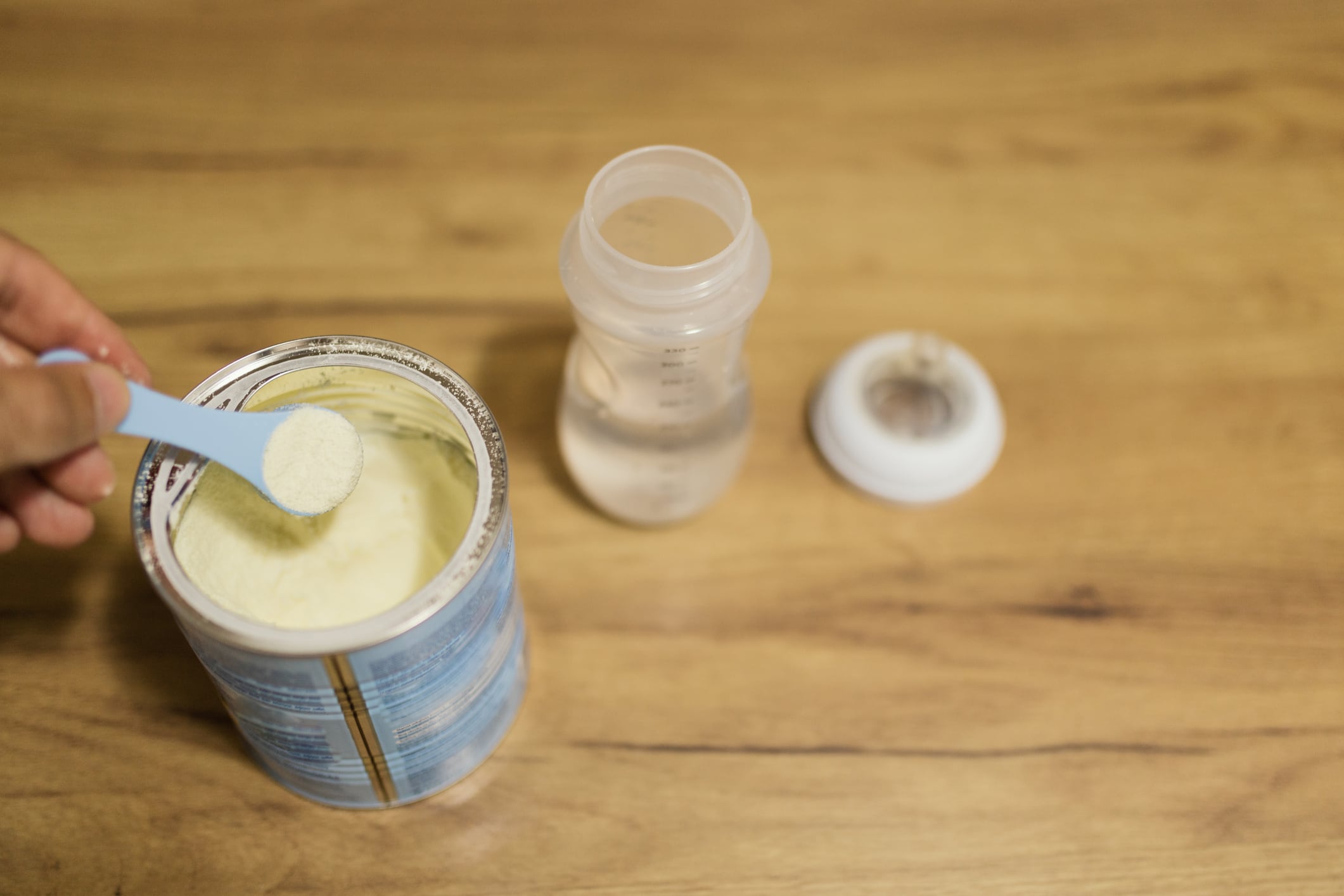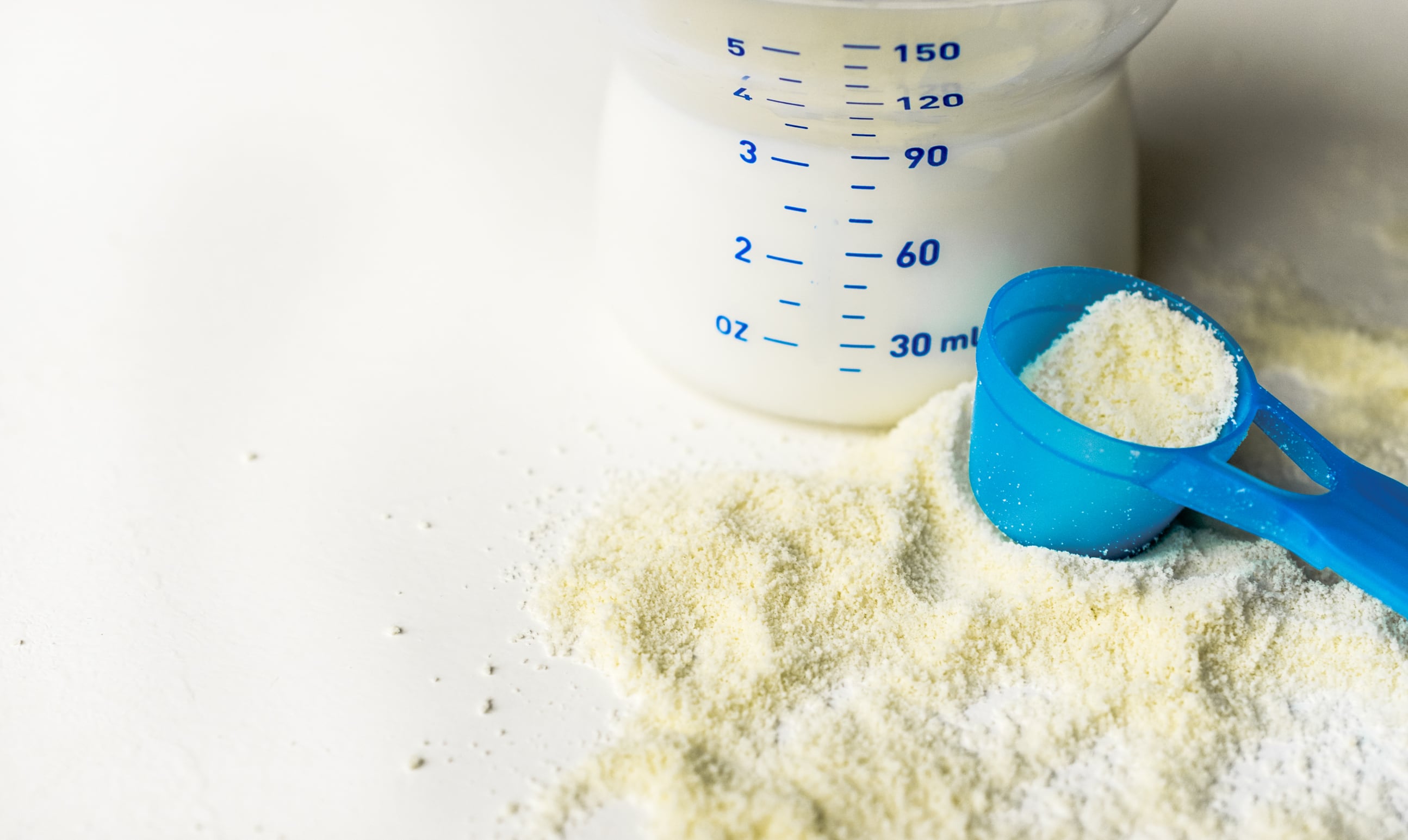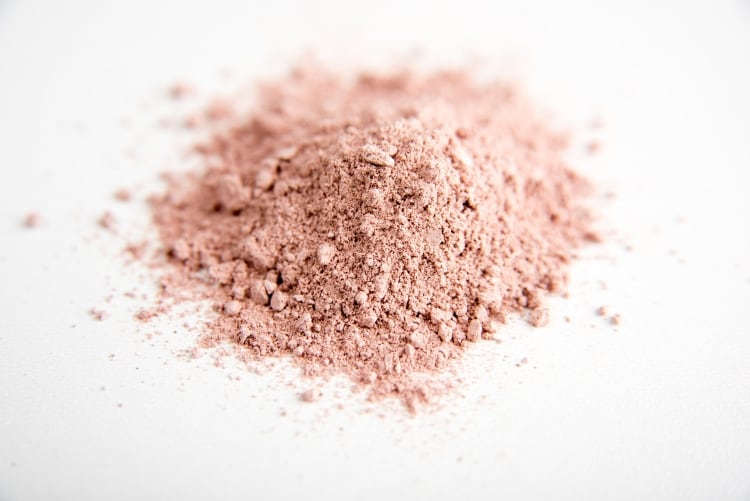FDA and HHS’ joint push for Operation Stork Speed aims to improve recall communications for infant formula with some industry stakeholders welcoming the initiative and others skeptical of the federal agencies’ capacity to perform independent evaluations.
Operation Stork Speed’s action plan includes a Request for Information to initiate the update and review of infant formula nutrients, enhanced heavy metal and contaminant testing and collaboration with the National Institutes of Health and other scientific organizations to fill in research gaps associated with health outcomes from formula feeding, among others. The initiative also encourages companies to look into “new infant formulas and clarify opportunities to help inform consumers about formula ingredients,” according to FDA in an announcement in March.
Comments can be submitted electronically or in writing to the federal register here by Sept. 11.
Some industry stakeholders express skepticism about scope and implementation
FDA announced Operation Stork Speed after Consumer Reports shared its results with the agency from an investigation of some infant formulas that found potentially harmful amounts of lead and arsenic, and almost all formulas containing PFAS and one that contained both bisphenol A (BPA) and acrylamide.
Consumer Reports’ Director of Food Policy, Brian Ronholm, says FDA’s announcement is “encouraging” and hopes “the FDA is provided adequate resources and staffing to actually follow through with these promises.”
The investigation’s findings prompted responses from industry groups encouraging for broader and actionable oversight over infant formula transparency and nutrition. Comments published in Children’s Health Defense from consumer watchdogs US Public Interest Research Group and the National Center for Health Research emphasized the need for stronger regulation to prevent past oversight failures.
Other concerns surround FDA’s bandwidth and its ability to implement an inclusive evaluation.
“No single group, including the Food and Drug Administration, has the capacity to perform this evaluation independently, and no simplified process for obtaining public comments can adequately facilitate a comprehensive and unbiased review and recommendations,” wrote Steven Abrams, Department of Pediatrics, Dell Medical School at the University of Texas, Austin, in an article from the American Journal of Clinical Nutrition.
Public health advocacy organization Healthy Babies Bright Futures (HBBF) called Operation Stork Speed “an important step toward improving the safety, nutrition and reliability of infant formula,” in a March statement.
However, the program’s success is based on how the agency implements its plans, according to Jane Houlihan, HBBF’s research director.
HBBF also urges the Trump administration to ensure FDA keeps its funding and expertise staff “to guarantee this initiative’s success.”
Serenity Kids: Operation Stork Speed is an opportunity to raise infant nutrition standards
Toddler food and formula manufacturer, Serenity Kids, submitted its comments to FDA outlining four areas in need of improvement in the infant formula space. These areas include promoting brain health, gut health, bioavailable nutrients and removing barriers to innovation by requiring extensive and safer human clinical trials for formula changes.
Serenity Kids urges FDA to modernize infant formula standards by broadening the fat sources allowed beyond heavily processed seed oils, requiring nutrients like DHA, ARA and choline, and lowering iron levels to better align with international best practices for gut health. The company recommends mandating Human Milk Oligosaccharides (HMOs) to support immunity, prioritizing bioactive forms of vitamins such as L-methylfolate and methylcobalamin over synthetic versions, and encouraging the use of historically safe, naturally aligned fats like olive oil, avocado oil, beef tallow and cocoa butter as alternatives to the currently required use of seed oils.
At the same time, Serenity Kids calls on the agency to streamline approval processes, reduce reliance on costly clinical trials for established ingredients, and adopt a comprehensive regulatory approach that enables small, innovative companies to bring high-quality, domestically-made formulas to market more efficiently.
‘We are overdue for a review of the space as a whole’
Serenity Kids’ Founder Serenity Carr says she is “pro-Operation Stork Speed,” citing that the program has potential to fill in gaps around nutritional innovation.
“I really think that we are overdue for a review of the space as whole,” particularly around seed oils, which is one of the company’s leading barriers to entry into the infant formula space, Carr said.
“Right now, infant formulas require seed oils, and we are, at the moment, a seed oil-free company, and so that was the biggest deal breaker for me,” she said.
Instead, Serenity Kids uses olive oil and seven other fat sources in its toddler formula to create what Carr says is a more balanced fatty acid profile.
Carr also pointed to structural supply chain challenges where only a few factories in the US are able to produce certified infant formula which is costly to produce due to critical safety protocols.
As a smaller brand without its own facility, Serenity Kids depends on co-manufacturing, which limits recipe variety in the US compared to Europe or Australia, she added.
Reflecting on the 2022 infant formula shortage, Carr said Serenity Kids was hit with stockouts for its toddler formula and while the company was able to stabilize its supply, it is unable to fully advertise the product because manufacturing access remains limited.
On regulatory hurdles, Carr highlighted the burden of mandatory feeding studies for new formula recipes which take years and millions of dollars are barriers to novel recipes. She describes the process as outdated with most US formulas still based on decades-old recipes. Serenity Kids calls on FDA to remove these barriers to innovation by reconsidering feeding study requirements for established, recognized ingredients.



